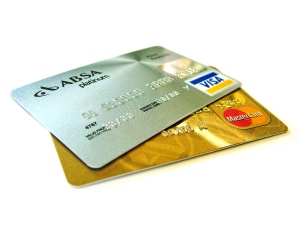This is just some thoughts from listening to so-called experts on the radio. I call them flat earth economists, as they are like the flat earth believers of old. You had to believe it or everyone would think you are an idiot.
Occasionally someone will get on who will discuss their ideas about turtles and elephants, or a giant space ship. The real economists that think for them-self and are not mad (well no more that normal) that say what they see, hardly got a look in. So here is some things that I see.
Rewards for doing wrong
Don’t reward bankers for doing wrong. Governments should not bail-out institutions, but let them go. But some times it is necessary to save customers. Therefore if a bail-out is needed then the government should take-over the institution to save the customers and take any profits.
Combining utility with speculation
This makes bail-out necessary. Bail-outs are bad. Therefore legislate that utilities (banks) do not partake (or lend to) in speculation.
High pay
It has been proved that pay above a level does not motivate. It is also evident that those getting the bonuses can not do their job. Therefore do not pay too much, consider hiring it more unusual people.
Growth
Growth can not go on forever, and history shows it does not. Therefore do not depend on it.
Confidence
You only need to rely on confidence if it is not true. Therefore if someone tells you that confidence is dropping or rising, get out quick.
Leverage through borrowing
If you borrow to invest, and the investment goes bad then you owe a lot of money that you can not repay. Therefore do not borrow or lend. However you can invest and issue equity.
Belief in self-interest
It is often said that when an individual pursues his self-interest, he indirectly promotes the good of society. Is this true. If so, then when your car is stolen then it is for the good of society, and the thief should not go to jail (or the law should be revoked, indeed all laws should be revoked). Therefore don’t believe everything you are told.
Belief in Perfect Markets
It is said that the markets are perfect, because everyone works as individual. It is not true for the simple reason that most people (without even studying economics) believe that everyone else is acting rationally and knows something they don’t (they attribute there not knowing what is going on to a personal attribute[personal attribution bias]). They then follow the crowd. The crowd follows the crowd. The blind follow the blind. Therefore don’t believe everything you are told.
Money is real
Money is not real, goods and services are real. Financial institutions do not make anything, they are not even providing a real service, it is at best a secondary service. Therefore do not call it the banking industry
.
Inefficiency
If I run my house like a country (following macro economic theory) I would be in debt and have no stuff. I would smash-up everything to try to increase growth. Therefore beware macro economic theory and don’t believe everything you are told.
Efficiency
Having a small number of large companies may be efficient, but is fragile, and is inefficient for customers. Therefore have a large number of small companies.
Statistics
The use of Gaussian statistics to predict markets suggests that the event that happen every 10 to 20 years are billion year events. This is clearly not true. There is no other statistics that can predict (though some types can predict the general shape). Therefore do not try to predict, just buy when under valued, and sell when over valued.
